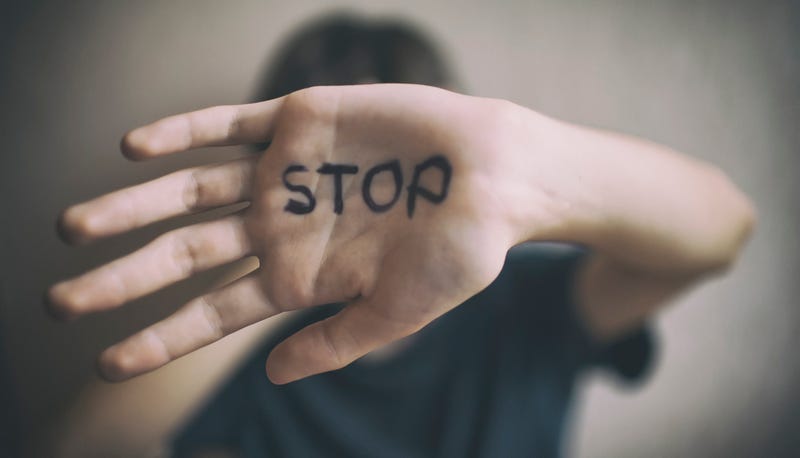
(WBBM NEWSRADIO) - A new report conducted by the Network: Advocating Against Domestic Violence sheds light on the struggles domestic survivors experienced in Illinois in 2021.
According to the report, the number of survivors who reached out to law enforcement declined by 5% in the last year. The Network explained that the dip is connected to the adverse unfavorable experiences survivors encounter with police, legal system, and family regulation system.
The report also looked at subsidized housing and public benefits, discovering that survivors of domestic violence many times can’t access these resources. Less than only 6% of all domestic survivors who applied for public housing were placed in 2021, according to the report.
The authors of the report noted that community assistance is crucial for survivors.
“Community based programs that build a safety net for survivors and their families are particularly valuable in helping survivors heal and access critical resources,” the report said.
The Network’s findings also delved into the role that race and guns play in domestic violence.
“A total of 121 domestic violence-related shootings occurred in Chicago in 2021, according to the Chicago Police Department. Over 86% of people killed in domestic violence related homicides were Black. Notably, efforts to revoke firearms are not working. Just 27% of those whose FOID cards were revoked turned in firearm disposition records in 2021, leaving thousands of guns unaccounted for,” said the report.
The report elaborated that domestic violence survivors also had negative experiences with police. Survivors interviewed for the report shared their frustration.
“‘[I was] met with denial and accused of lying,’” one survivor said. ‘“[I] just wish that law enforcement took this a lot more seriously,”’ another said. “‘I feel very cynical and just devastated that this is how this process works,”’ said a third.
Based on their interviews with survivors and data from various law enforcement agencies and social services, the Network offered these four recommendations:
1. Sustain increased financial investments in gender-based violence services. Illinois and the City of Chicago made historic investments of $70.9 million and $35 million, respectively, in work to eliminate gender-based violence in 2021, which should be sustained to ensure the programs that are working can be funded and expanded.
2. Prioritize direct, community-based services. Community-based services have proved most beneficial to survivors because they are trauma-informed, offer wrap-around services (such as childcare, economic assistance, and community-building), and have fewer barriers to access than public programs.
3. Utilize awareness campaigns to connect survivors to community-based resources. Ninety percent of survivors interviewed were unfamiliar with community-based resources. Awareness campaigns are vital so that survivors can access these services.
4. Increase gender-based violence data collection and availability. Limited data collection on gender-based violence means this sector is often unable to support the full range of survivors’ needs and successfully advocate for these needs.
The report concluded with the sentiment that handling domestic violence survivors is an all encompassing process.
“Addressing the survivor as a whole person—one who is parenting, growing up surrounded by violence, in need of economic assistance, and may require mental or physical health care—is critical,” says Olivia Farrell, Director of Policy, Advocacy and Research at The Network.
Listen to WBBM Newsradio now on Audacy!


